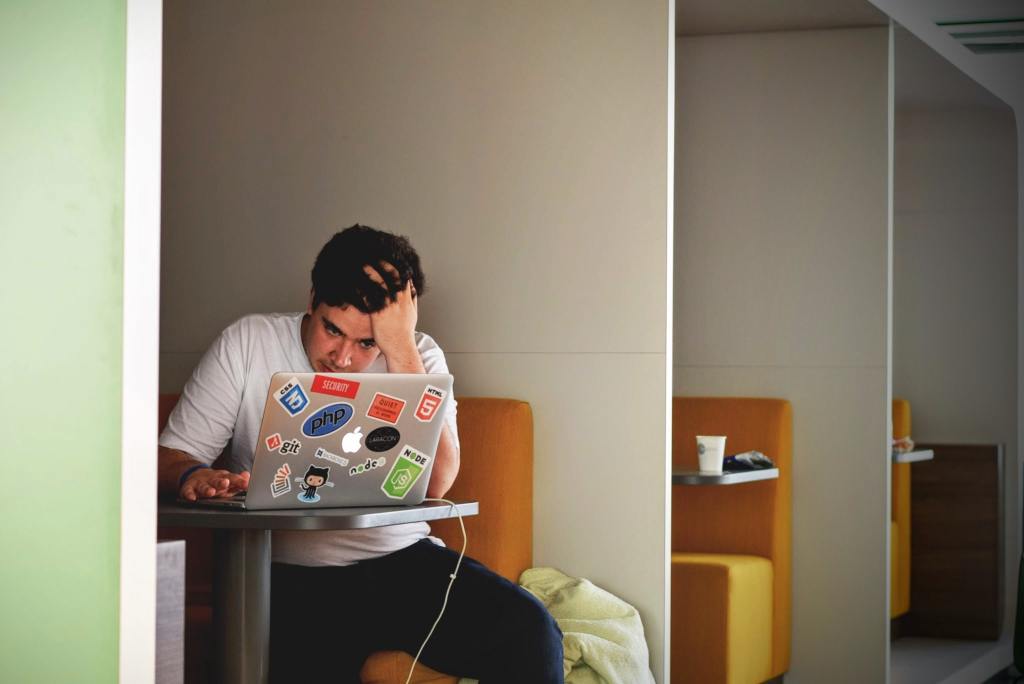I recently had a thought-provoking conversation with several early-career researchers about their experiences of burnout. We shared our thoughts on how to avoid and combat the effects of burnout and I would like to share some of our discussion here.
The phrase ‘burnout’ wasn’t used until the 1970s and perhaps surprisingly, there is no agreed consensus on what burnout is. Generally speaking, it’s agreed that burnout can be identified as someone experiencing some/all of the following1;
- Exhaustion: People affected feel drained and emotionally exhausted, unable to cope, tired and down, and report feelings of not having enough energy.
- Alienation from work/research-related activities: People who have burnout find their work increasingly stressful and frustrating. They may start being cynical about their work and/or their colleagues. At the same time, they may increasingly distance themselves emotionally, and start feeling numb about their work.
- Reduced performance: Burnout may affect everyday tasks at work, at home or when caring for family members. People with burnout can be negative about their tasks, find it hard to concentrate, be listless and lack creativity.
In our discussion one of the things we agreed on is that it can be difficult to predict burnout. Most of us experience some level of stress as part of our research or work, and if you are experiencing stress for a prolonged period of time this can be detrimental to your health and be a contributing factor to burnout. Conversely, you can be working in a role where you regularly experience high stress but with the correct support and balance never experience burnout! Burnout can be sudden, or creep up on you, and it can be hard to recognise and recover from. I hope this blog and included resources are helpful in identifying, avoiding and recovering from burnout.
Signs of burnout
A number of signs are listed above but our group also discussed some signs that we spotted in ourselves that we felt related to being researchers.
Lack of confidence in ourselves and our research: Linked to feeling “negative about tasks” a number of us discussed that during burnout we became significantly more self-critical, losing confidence in ourselves and, in some cases, our research.
Lost enthusiasm towards our research: Things that previously excited us about our research we lost enthusiasm for or struggled to find the motivation to work on.
Feeling overwhelmed by (familiar) tasks: Tasks we have done multiple times felt insurmountable or beyond our capabilities. Writing, whether that be thesis or a paper, felt completely overwhelming. Often we could recognise we were capable of the task but whilst experiencing burnout our perception of our abilities or the energy we had available to give to a task was affected.
So what can we do to avoid or combat burnout?
Prioritise and protect your time: Unfortunately, none of us has infinite time available in the day! And although many of us would love to be able to say yes to every conference, volunteering or research opportunity available, overstretching ourselves and not having any ‘downtime‘ can be a key step towards experiencing burnout. So prioritise what’s most important to complete, interesting to you or beneficial to your career progression and, if you are feeling like you may be experiencing the start of burnout, is there anything you can put on hold? Learning to say no can be one of the hardest but most important steps in avoiding burnout.
Try not to neglect your health – Physical and mental: What does self-care look like to you? How are you looking after your physical health? Can you schedule time for exercise? Do you find (non-academic!) reading helpful to relax? Perhaps you feel like you don’t have time but bear in mind recovering from burnout can require you to take long breaks, and for those of us in the discussion who had experienced burnout we all agreed, ‘prevention is better than cure’. Chris Yeh recently wrote an interesting article about how to apply athletic principles, such as cross-training and interval training, to avoiding burnout. You can read his thoughts here.
Get help from, or create, a support system: Whether that’s making time to speak to your social group or family, letting your supervisor/PI know how you are feeling, joining a researcher-led network or seeking wellbeing-support from the university, having support can be pivotal to avoiding or overcoming burnout.
Think you might be experiencing burnout?
Recovering from burnout won’t be overnight and you may need several weeks to de-stress and feel less overwhelmed. Seek support! Speak to your supervisor/PI or seek help from other support options (resources for staff here and students here). Things can get better and you are not alone!
- Taken from InformedHealth.org. Cologne, Germany: Institute for Quality and Efficiency in Health Care (IQWiG); 2006-. Depression: What is burnout? [Updated 2020 Jun 18]. Available from: https://www.ncbi.nlm.nih.gov/books/NBK279286/

